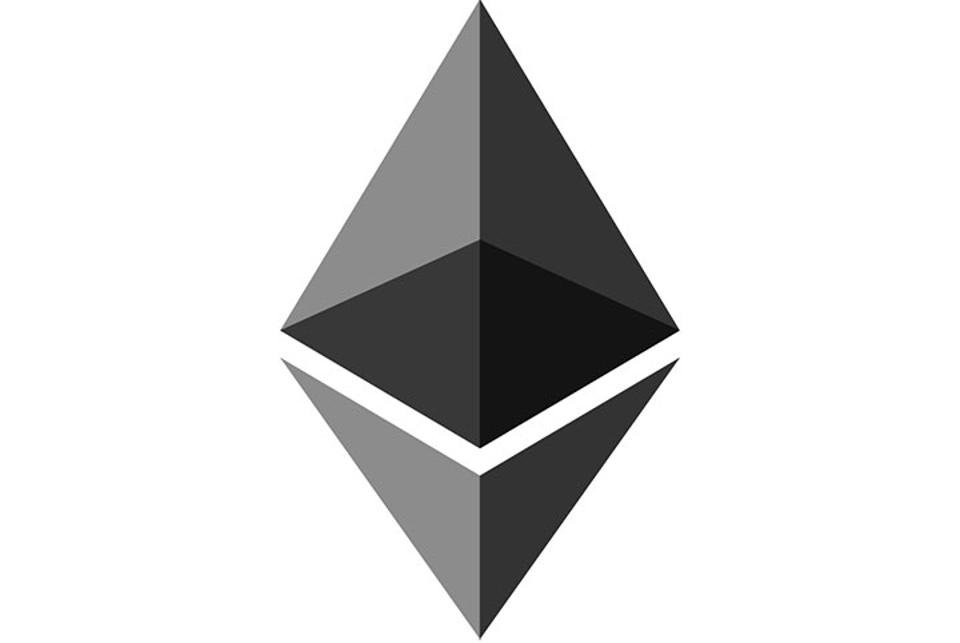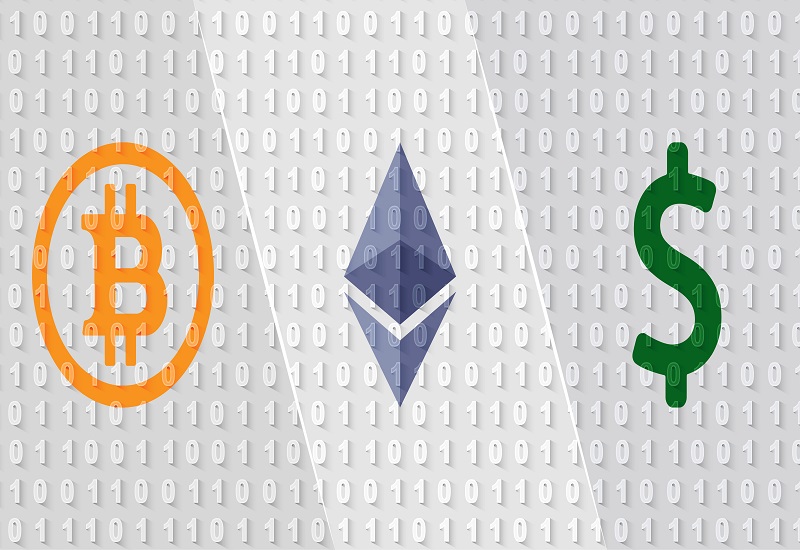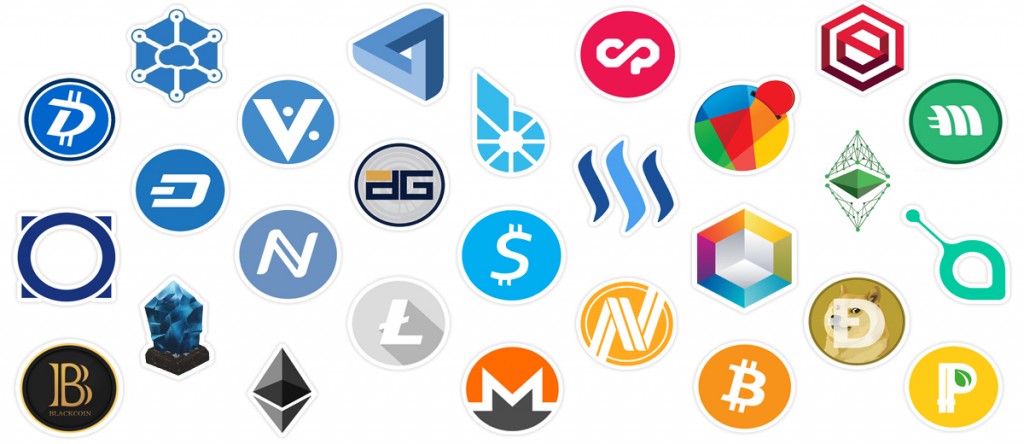What is Bitcoin?
Over these years, the acceptance of the concept of a virtual currency has increased among regulators and government bodies. Although it isn’t a formally recognized medium of payment or store of value, it has managed a niche for itself and continues to coexist in the financial system despite being regularly scrutinized and debated. For more infomation about Bitcoin you can click HERE

What is Ethereum?
At its simplest, Ethereum is an open software platform based on blockchain technology that enables developers to build and deploy decentralized applications.
Is Ethereum similar to Bitcoin? Well, sort of, but not really.
Like Bitcoin, Ethereum is a distributed public blockchain network. Although there are some significant technical differences between the two, the most important distinction to note is that Bitcoin and Ethereum differ substantially in purpose and capability. Bitcoin offers one particular application of blockchain technology, a peer to peer electronic cash system that enables online Bitcoin payments. While the bitcoin blockchain is used to track ownership of digital currency (bitcoins), the Ethereum blockchain focuses on running the programming code of any decentralized application.
In the Ethereum blockchain, instead of mining for bitcoin, miners work to earn Ether, a type of crypto token that fuels the network. Beyond a tradeable cryptocurrency, Ether is also used by application developers to pay for transaction fees and services on the Ethereum network.
For more infomation about Ethereum you can click HERE

